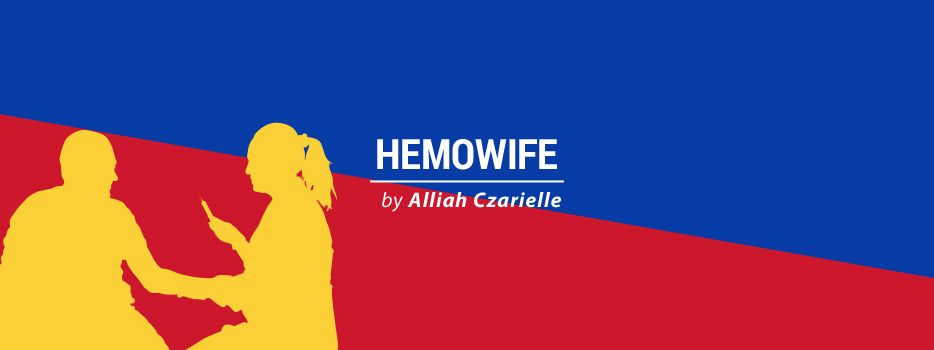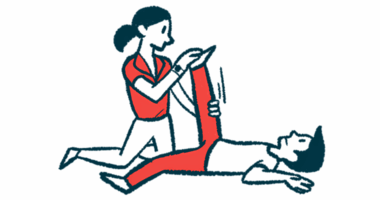Learning About Rare Diseases Broadened My Perspective on Health and Wellness

My husband, Jared, and I were recently talking about Rare Disease Day, which falls on Feb. 28. As a person with hemophilia, Jared has faith in its purpose of raising awareness about rare health conditions and the people who live with them.
Having dabbled in hemophilia and mental health advocacy before, we are aware that visibility is the first step in the fight for social inclusion and equitable opportunities for people with rare diseases.
Yet here in the Philippines, Rare Disease Day does not appear to be widely celebrated. In the online communities where people speak their minds, I noticed that the only posts mentioning Rare Disease Day are by health organizations and hospitals. Last year, the hashtag “#CareForRarePH” was created, but when I clicked on it, the same content from selected health organizations appeared.
My fellow millennials often post or tweet about politics or society, but rarely about rare disease. And it’s understandable: The word “rare” indicates that few people know about the experience of having such conditions. Rare disease is not a generally relatable topic.
In fact, when I first met Jared, I hadn’t met anyone else with hemophilia. I had heard about it in high school biology class, but frankly, I never bothered to learn anything about it besides its pattern of inheritance, which was all I needed to know to get a good grade.
Back then, I didn’t feel I needed to learn about the life of someone with hemophilia. Hemophilia didn’t concern me because it didn’t affect me then. I did know about chronic illness because of my dad’s experience with hypertension. I knew it affected his daily life to a certain extent.
I also knew about my own mental health struggles, although I didn’t openly acknowledge them until much later. I was in denial for a long time.
Jared and I don’t always talk about chronic illness. I don’t think about hemophilia every day, and neither does he. During a recent conversation, Jared shared that in his personal experience with having a chronic illness, it’s sometimes hard for him to be aware that he’s sick at all. He isn’t always aware of his limitations unless someone, or something, makes it obvious to him. Bleeds and injuries are part of his “normal.” As long as he can keep up with the demands of his own life with the help of medication and exercise, he considers himself to be healthy.
I’ve never had this perspective about health before. I used to have a hard time understanding that wellness isn’t necessarily the absence of disease, but rather being able to manage one’s health conditions in order to live each day happily and productively.
Meeting Jared broadened my perspective and helped me accept my own mental health issues. I learned to be more patient and loving with myself as I dealt with my own anxiety and depression. I no longer pressure myself to live according to other people’s definitions of “normal.” Instead, I focus on doing my best to thrive at my own pace.
Perhaps if people talked about rare diseases more, the world would learn more about the humans who have them. And maybe, just maybe, others could learn a thing or two about how they define “normal.”
***
Note: Hemophilia News Today is strictly a news and information website about the disease. It does not provide medical advice, diagnosis, or treatment. This content is not intended to be a substitute for professional medical advice, diagnosis, or treatment. Always seek the advice of your physician or another qualified health provider with any questions you may have regarding a medical condition. Never disregard professional medical advice or delay in seeking it because of something you have read on this website. The opinions expressed in this column are not those of Hemophilia News Today or its parent company, Bionews, and are intended to spark discussion about issues pertaining to hemophilia.







Leave a comment
Fill in the required fields to post. Your email address will not be published.